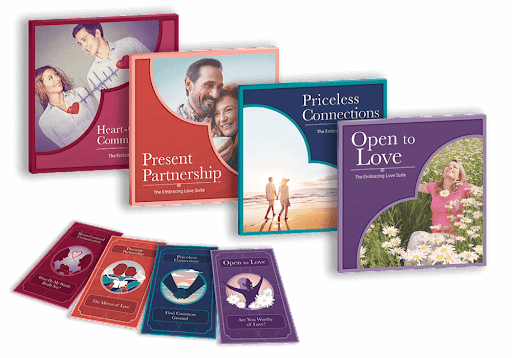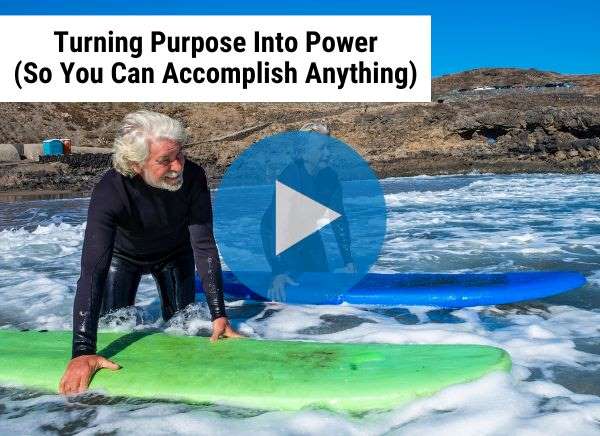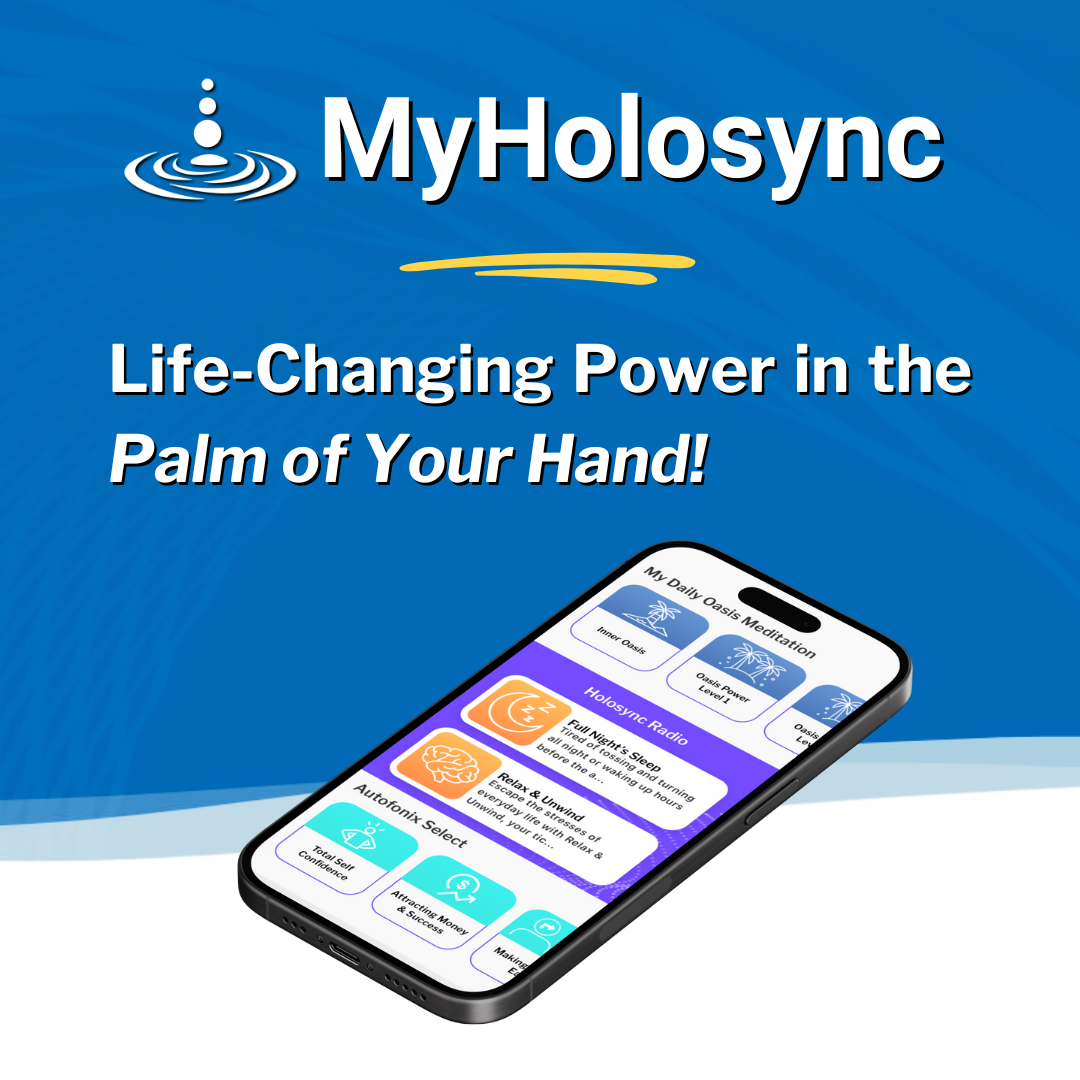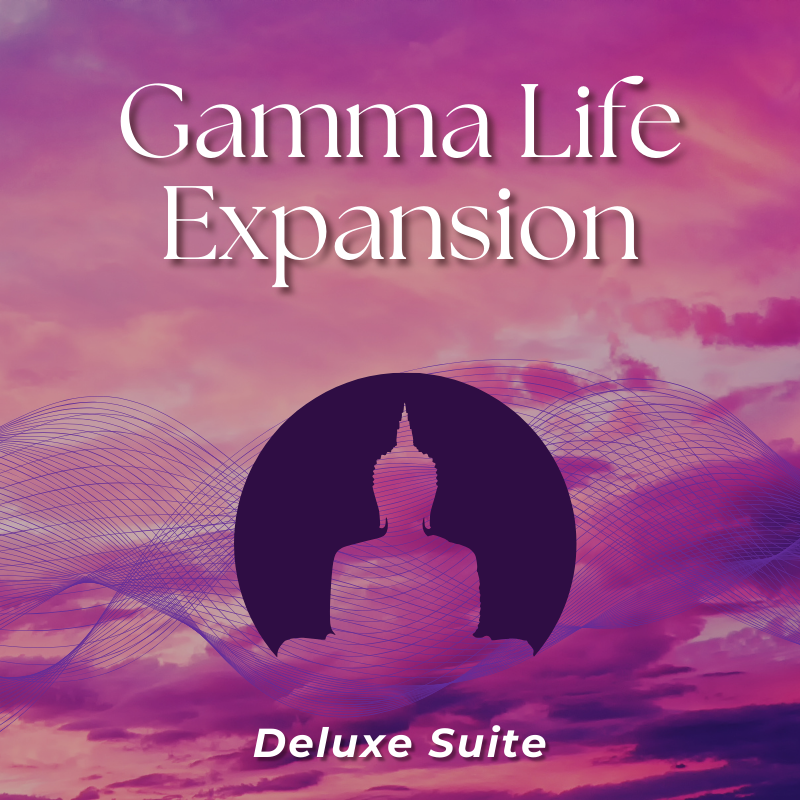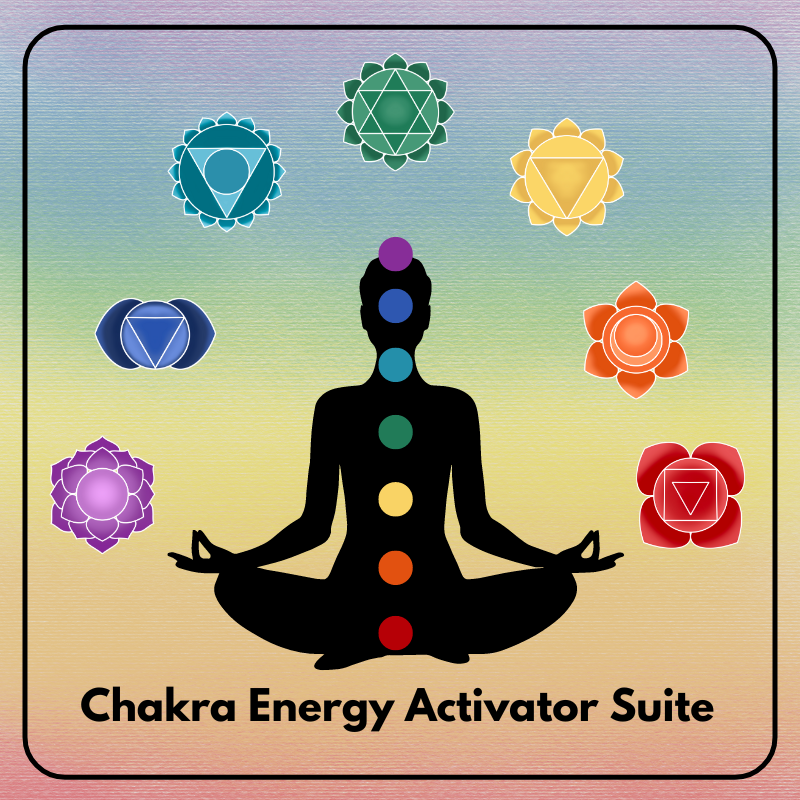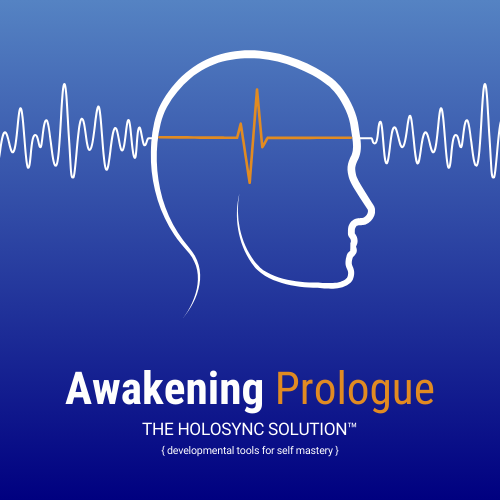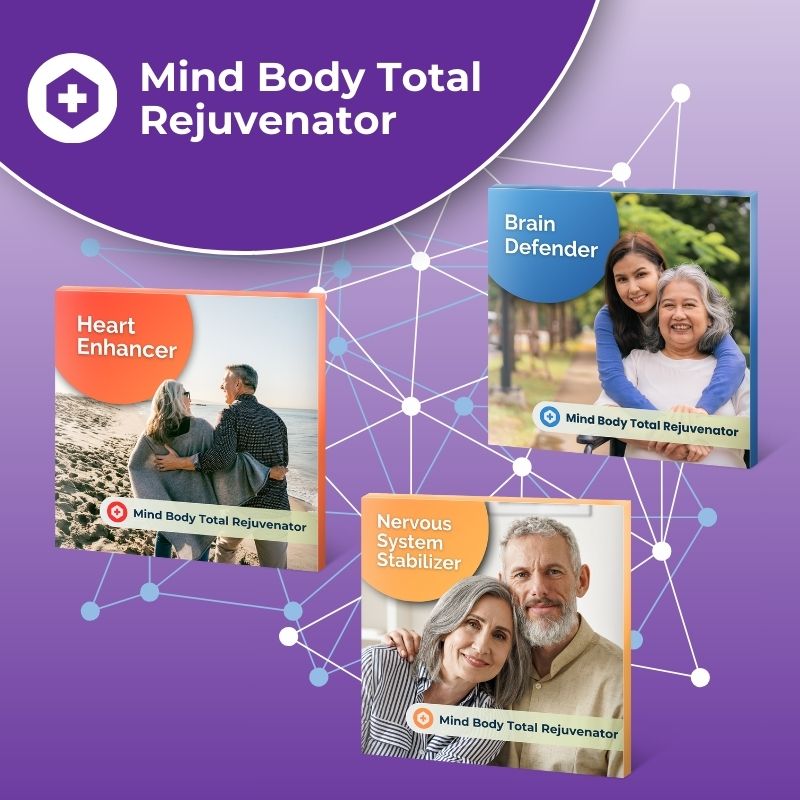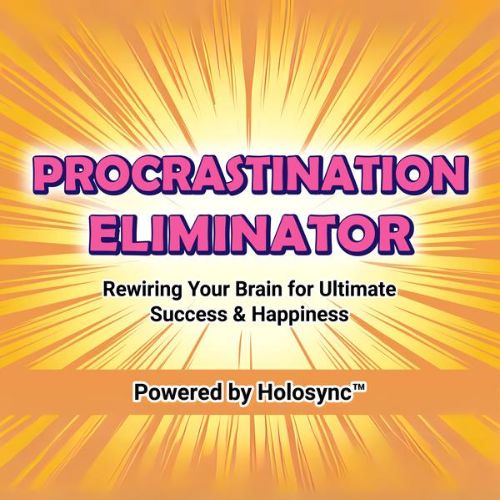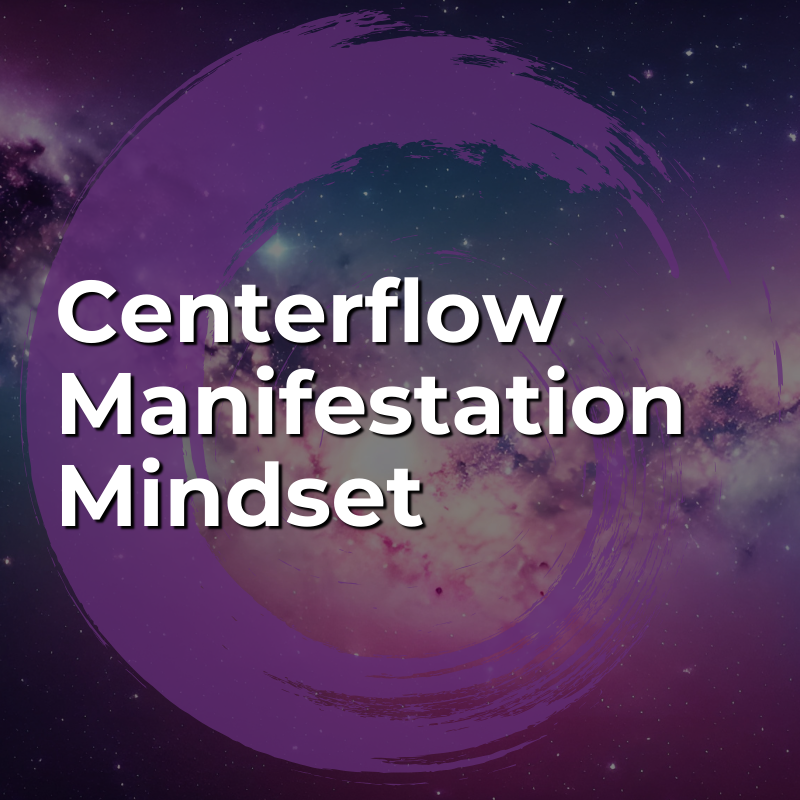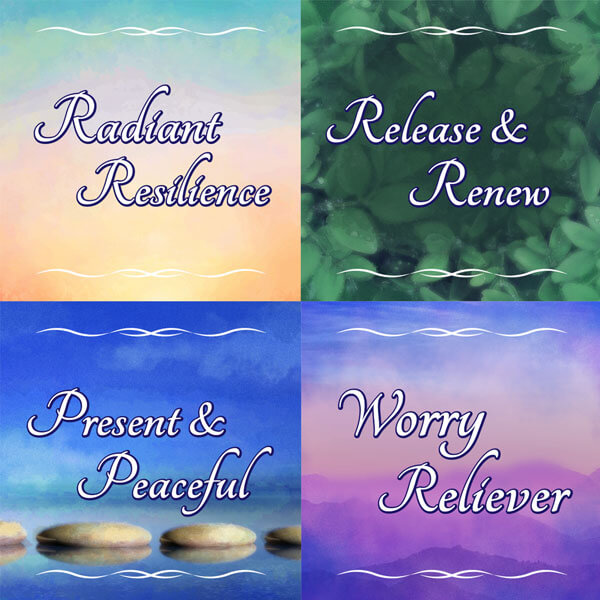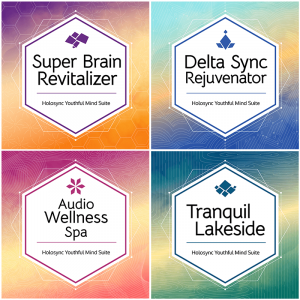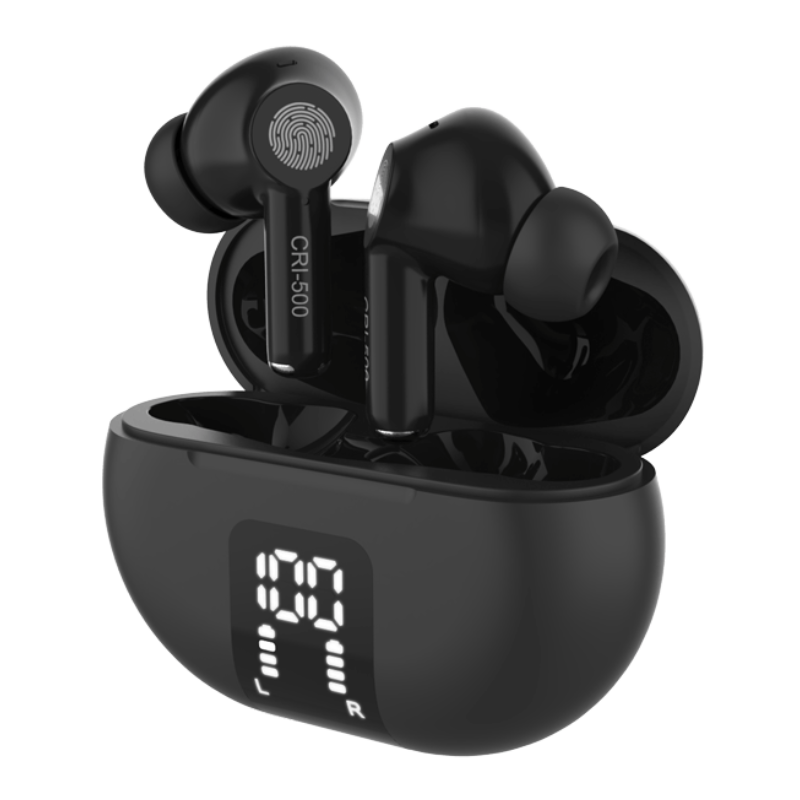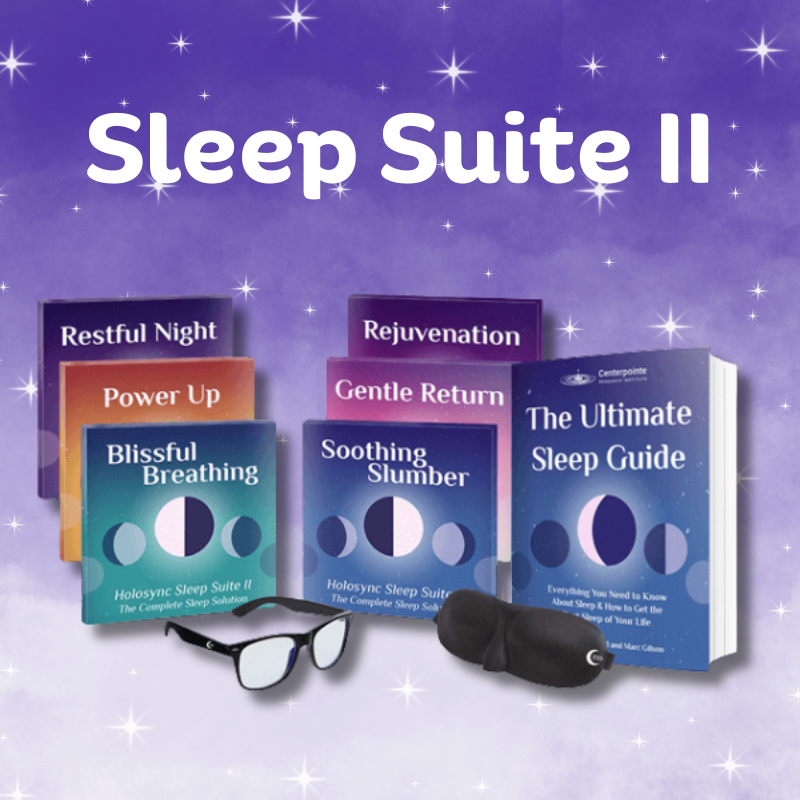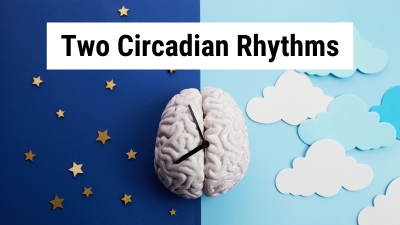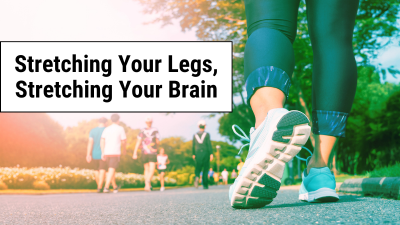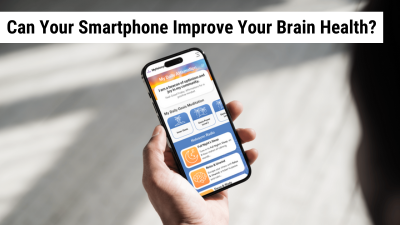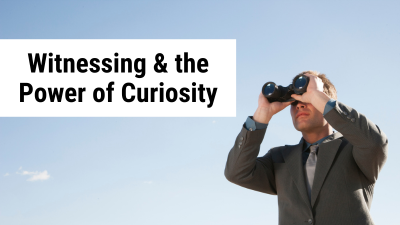
Issue #409 – Monday, February 5, 2024
The Alchemy of Affection
(How Romantic Love Changes the Brain)
By Ryan Standifird
What is love?
Some say that love is fundamental to what it means to be a human - that it’s ingrained in our DNA. In fact, the first known written love poem dates all the way back to around 2000 BC!
Others see love as a weakness, a vulnerability, or even something that just isn’t meant for them. It’s sometimes portrayed as a temptation that leads us to tragic pain, ruin and despair.
So it’s no surprise that philosophers, poets and scientists alike have all pondered how to describe and convey the complex idea of love for thousands of years.
“Love is a serious mental disease,” Plato said.
“Love is merely a madness,” echoed Shakespeare.
“There is always some madness in love. But there is also always some reason in madness,” said Friedrich Nietzsche.
"That love is all there is, Is all we know of love," wrote Emily Dickinson.
"Gravitation is not responsible for people falling in love," Albert Einstein weighed in.
So what the heck is love, anyway?
Cupid’s Chemistry
Scientists have been studying how the brain reacts to love for decades. Most of the time they focus on the hormones and neurotransmitters that keep your brain in balance and operating efficiently towards your goals.
Here are just a couple of the major players when it comes to love:
There’s the “stress” hormone Cortisol - which is important for survival but can ruin your physical and mental health if it runs rampant in the brain. Excess cortisol often leads to anxiety, depression, and is thought to be a contributing factor to cognitive decline and rapid brain aging.
There’s the “reward-based” neurotransmitter Dopamine - which plays a major role in pleasure, pain, and survival. Dopamine (or a lack of it) is what tells us when we’re hungry or thirsty, when we’re satisfied, and is both the carrot and the stick when it comes to our goal-setting, our motivation, and our learning.
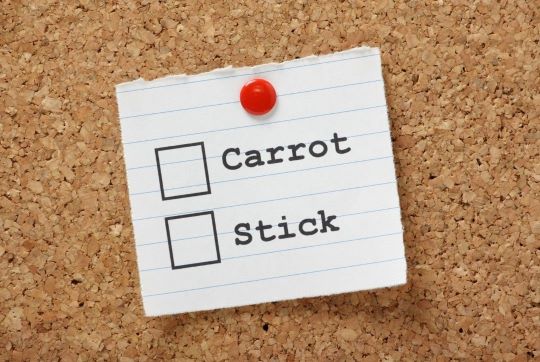
Then there’s the “love” hormone Oxytocin - which helps deepen bonding, facilitates romantic attachment, and instigates arousal. Oxytocin is most commonly released by physical touch whether hand-holding, hugging, kissing, or other romantic contact.
These brain chemicals are in constant communication with each other as you go about your day. And they facilitate the stages of love.
The Stages of Love
Stage 1: The Infatuation Stage
Have you ever had a crush on someone? Do you recall the feeling of “butterflies in your stomach” when your crush asked you a question, gave you a smile, or waved goodbye as you parted ways?
Well it turns out that that nervousness and excitement comes from a spike in cortisol. A form of stress is putting pressure on your “fight-or-flight” limbic system and may cause you to behave differently than if you were calm and collected.
As a way to release this stress, you will likely want to see or spend time with that person. And if you can’t, you may develop unhealthy coping mechanisms like social media stalking, obsessive thinking, overanalyzing, neglecting responsibilities, changing your eating habits, altering your appearance, and more.
And infatuation may be more powerful than you think.
In one study from Cornell University, scientists trained a zebra finch (a bird) to know that when a bell sounds, they will be provided with water from a drinking spout.
For the experiment, the scientists waited until the finch was quite thirsty, then they introduced a female zebra finch into the enclosure and sounded the water bell simultaneously.
The thirsty finch had a choice - go and inspect this new female? Or satisfy their thirst? Which would the finch choose?
Surprisingly, it chose the female!
Its infatuation overrode its thirst - meaning it chose the possibility of love over ensuring that it could survive.
Stage 2: Attraction & Romance Stage
So you’ve got a crush. Or maybe someone has a crush on you.
The next stage is where romantic signals are exchanged and first dates are had. It’s time to flirt and see whether there’s a connection.
In the event that the date goes well or the flirting is received and reciprocated, a flood of dopamine will provide a boost of euphoria, excitement, and even adrenaline.
A kiss, holding hands, hugging, or any other physical activity will cause the floodgates of oxytocin to open, leading to the next stage of love.
Stage 3: Attachment
This is where the budding bond of Stage 2 starts to solidify into a more long-term commitment. Increased oxytocin and dopamine levels create a sense of safety and attachment when you’re engaging with your partner.
And the brain is also changing.
A study out of the University of Australia found that the beginning of a romantic relationship causes the brain to put our new partners on a pedestal.
After conducting extensive surveys with over 1550 young adults who reported they were “in love,” the scientists determined that the combination of oxytocin and dopamine causes our partners to become the focal point of our dopamine reward systems during the beginning of the relationship.
As a result, couples in this stage will want to spend as much time with each other as possible, leading to more long-term plans for the relationship.
Stage 4: Stable Companionship
Welcome to the long-term relationship.
The buildup of oxytocin and dopamine has now solidified how the brain perceives the relationship’s importance in your life. It’s now essential to your happiness.
The cortisol-fueled nervousness that once gave you butterflies is just about gone by now. In its place, a buffer against stress has been created. This sense of safety, stability, and security has created an entirely new lifestyle.
That’s not to say that you can’t still be in a passionate relationship 10, 20, or even 50 years down the road.

In fact, one study from Stony Brook University saw that couples who were still “madly in love” decades into their relationships have the same - if not more - dopamine activation when thinking about their partners than those who are still in the first stages of romance.
Is Love Worth It?
Let’s be honest. Not every relationship lasts.
In fact, there’s a famous statistic that claims that “half of all marriages end in divorce.”
So, is love truly a fool’s errand?
As a married man with a happy wife, a 15-month old child and another baby on the way, I would say that investing in love has given me much more happiness, joy, and security than I could have ever asked for. Call me lucky, but I wouldn’t trade this family that I’ve created for anything in the world.
Of course, there are certainly brain benefits to love that you can’t deny as well; I enjoy a buffer against cortisol, easy access to oxytocin and dopamine, as well as a social support network of family members who are all here to support us.
There are just some things that you can’t do alone - or that are much easier as a couple. Buying a house, raising a family, even pursuing your dreams are more likely to succeed when you have someone to lean on or turn to when things get tough.
And you know who would agree with me? Horror author, Stephen King!
Did you know that Stephen King’s first breakthrough novel, Carrie, was only completed because his wife found part of it in the trash, picked it out, and encouraged him to keep going? You could say Mrs. King is in a way responsible for all of his success ever since.
In the end, you’ll have to decide for yourself whether love is worth the trouble.
At least now you know what happens in the brain if you join the dance.
Embracing Love
Very quickly before I go. If you’ve been finding it difficult for you to attract the kind of love that you desire into your life, we can help.
Whether it was a bad incident from the past or something else that affected your relationship with love, now you can do something about it.
It’s thanks to a wonderful Holosync suite called Embracing Love that will help you open your heart, deepen your bonds, and more easily create the kind of connections that you’re looking for.
You can check it out right here.
Everyone needs love. Everyone deserves love.
Now you can open your heart and take your
love to a whole new level.
If you knew, without a doubt, that you would be met with love, just as you are, wherever you went, with whoever you encountered, any day or night…
...how would that change your outlook on love and life?
Would you do any of these?
- Connect more deeply
- Share more openly
- Risk more bravely
- Be more honest
- Love more fully
The Embracing Love Suite will help you do these things while bringing greater love, joy and fulfillment into your life...
…in an easy and relaxing way!
This powerful tool helps you improve all your relationships, from the connection between you and your partner to the friendly smile
at the lady in line at the grocery store.
Everybody wants, needs and deserves fulfilling relationships.
Especially you!
We created the “Embracing Love” suite because we know this one vital thing:
Love doesn’t start in your heart.
It starts in your head.
Wise Words
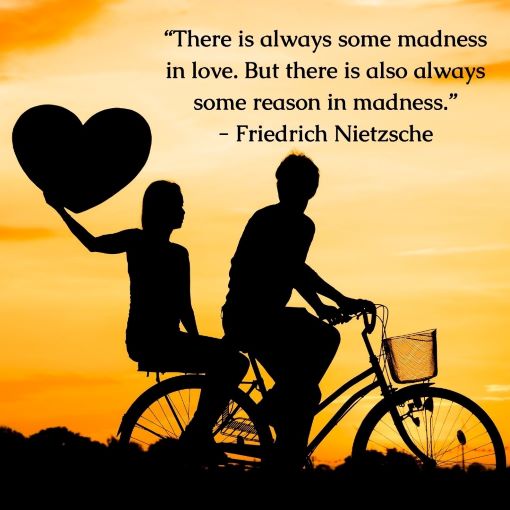
Just did Day 1, easily gliding into a deep relaxation with the beautiful sounds of rain and bells. Things I felt physically…were muscles softening, especially facial and release of tension. Things I felt emotionally…a sense of opening, a clarity, an ease, and a sense of (simultaneously) letting go and merging with. I feel so much calmer now.
~Jesse R.
5-Day Challenge Participant
In Case You Missed It - Listen to It!
By Bill Harris
January 15, 2024
We Want to Hear From You!
Do you have a real-life love story you’d like to share?
Post your story on our Facebook Page.
Not on Facebook? Tell me about the impact that meditation with Holosync has had on your daily life. Stress? Sleep? Weight Loss? Focus? Spiritual Connection? Other? Email your story here.

